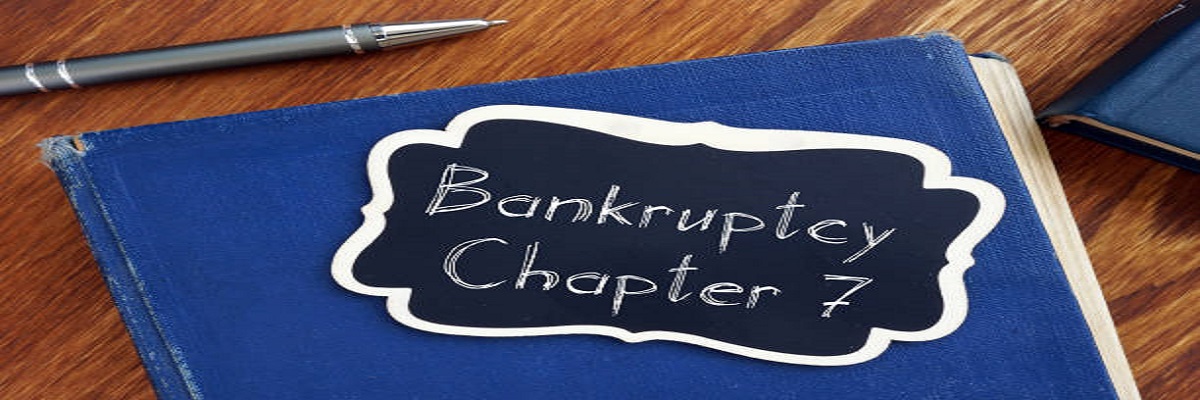Call: 888-297-6203
A small business owner or a sole proprietor struggling with finances can get rid of their debts by filing for Chapter 7 bankruptcy. This chapter can help you close the business easily. However, it is not suitable for partnerships, LLC, or corporations as the business will not receive a debt discharge. Moreover, filing for bankruptcy can increase liabilities like lawsuits. You can understand more about bankruptcy by calling 888-297-6203 to consult with experienced bankruptcy lawyers in Los Angeles.
Business debts and personal liabilities
A personal guarantee makes you liable for any business debt if the business fails to take off. Irrespective of the business structure, you become liable for the debt once you have signed the documents. Usually, the liability depends on the business type:
- If you are the sole proprietor, you and your business are treated as one. Therefore, you can discharge your personal and business debts by filing for Chapter 7 bankruptcy in your name. If the business debt exceeds the personal debt, you will not be required to pass the Chapter 7 means test. The bankruptcy exemptions can be used to protect both personal and business assets. However, filing for Chapter 7 might have some complications for businesses that require costly equipment such as salons, gyms, etc. In this case, the bankruptcy trustee would sell any non-exempt property, making it difficult for you to continue with the business while undergoing bankruptcy proceedings.
- A partnership is a separate legal entity and can file for Chapter 7 business bankruptcy. In this case, no discharge of business debt takes place. Therefore, the partners cannot use exemptions to protect property. Instead, the trustee liquidates the business by selling the assets to pay the creditors. Usually, all partners are personally liable for business debts. Therefore, their personal property can be at risk to pay for any outstanding debt. Ideally, the individual partners in a business partnership should file for personal Chapter 7 bankruptcy after the business closes to discharge their personal and professional obligations.
- Corporations can also file for Chapter 7 bankruptcy but will not receive a discharge. In this case too, liquidation of assets by the bankruptcy trustee takes place to pay the creditors. Corporations can benefit by selling the property at a higher price and negotiating down the debt with the creditors. This would reduce the corporate debt, which the shareholders are liable for.
- A Limited Liability Company (LLC) works similarly to corporations when it comes to bankruptcy and debt liabilities. You can liquidate the business by filing a business bankruptcy. However, you must remove your liability for business debts by filing for personal bankruptcy.
Since each case is unique, consulting with a bankruptcy attorney can help you determine the right course of action. Talk with a bankruptcy lawyer to weigh your options before filing for bankruptcy.

